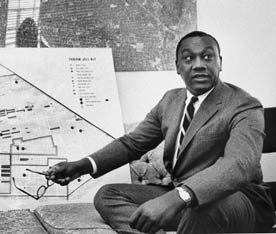The stories of challenges and opportunities as told by the many leaders who participated in our project tell us that successfully rebuilding the Gulf Coast depends on: a) local leaders and organizations driving the processes and creating the policies, with support from strong networks; and b) support for both emergent and existing community-based leadership who can identify, develop, and carry forward structurally transformative policies and practices that are inclusive, transparent and accountable.
The region, however, is not monolithic and, therefore, each state and locality needs individual and focused approaches to best support capacity-building. Leaders in these states share similar priorities and mirror national priorities, including affordable housing, public transit, more economic opportunities, better educational systems, public safety, criminal justice, and a clean environment — in short, a decent quality of life that everyone deserves.





Comments